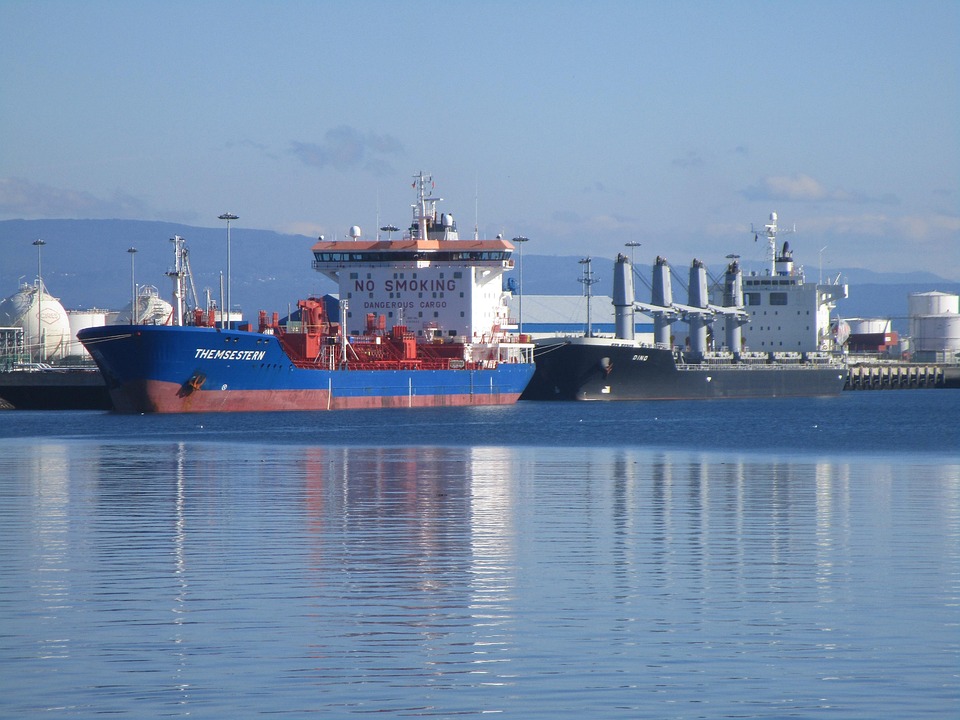
I. Advance Ruling: The "Price Insurance Policy" for Foreign Trade Enterprises
In 20 years of foreign trade practice, Ive seen too many companies fall into difficulties due toFinished tax price.Amidst disputes and difficulties, customs advance rulings act like a "price insurance policy," enabling enterprises to clarify the constituent elements of dutiable value and valuation methods before the actual importation of goods. According to the "Interim Measures of the People's Republic of China on the Administration of Customs Advance Rulings," this system is particularly suitable for the pre-confirmation of price elements such as royalty fees, commissions, and freight insurance costs.
I remember an electronics company served in 2018 that failed to apply for a royalty fee advance ruling in advance. During import, customs questioned the price composition, resulting in goods being detained at the port for two weeks with demurrage fees alone costing $80,000. This lesson tells us:Advance rulings are not optional but mandatory procedures.
II. The Golden Time for Advance Ruling Applications and Key Documents
The timing window for advance rulings is critical:
- Optimal application period: 3 months before intended import
- Under special circumstances: Applications can be made within 3 months with valid reasons
- Statutory timeline: Customs decides whether to accept within 10 days and issues a decision within 60 days
Document preparation is the core of successful applications. Based on years of experience, Ive summarized three essential document categories:
- Basic documents: Contracts, invoices, payment vouchers and other trade documents
- Specialized documents: Provide corresponding documents based on application items, such as royalty contracts, transportation agreements, etc.
- Explanatory documents: Detailed written explanations required for special relationships, transaction conditions, etc.
III. Key Application Points for 13 Price Elements
Customs has specified 13 price elements eligible for advance rulings, each with special requirements:
Royalty fees: This is the most disputed area. Complete patent filing documents and process flow descriptions must be provided, focusing on proving the relevance between fees and imported goods.
Special relationships: A common issue for multinational companies. Complete transfer pricing reports and contemporaneous documentation must be prepared. We once helped an auto parts company successfully obtain an advance ruling with 200 pages of supporting materials.
Freight and insurance costs: Seemingly simple but actually complex. Last year, a case involved a company being retroactively taxed for undeclared segmented transportation costs. Its recommended to provide complete logistics chain documents, including loading/unloading records at transshipment ports.
IV. Three Practical Techniques for Advance Ruling Applications
Based on experience handling over 100 advance ruling cases, here are three practical techniques:
Technique 1: Simulate customs valuation thinking in advance
When preparing materials, think from the customs perspective and anticipate potential questions. We usually conduct internal mock Q&A sessions to ensure the materials are flawless.
Technique 2: Establish a complete chain of evidence
A single contract is often insufficient; supporting materials such as email correspondence and meeting minutes are required. Remember a 2019 technical assistance fee case where the nature of the expense was ultimately confirmed through Skype chat records.
Technique 3: Make good use of pre-consultation before applying for advance rulings
Many customs authorities provide informal pre-consultation channels to understand key review points in advance. On one occasion, we avoided preparing over 50 pages of unnecessary materials through pre-consultation.
V. Legal Effect and Precautions of Advance Ruling Decisions
Points to note after obtaining the advance ruling decision:
- The decision is valid for 3 years but may become invalid if laws and regulations change
- Actual imports must fully comply with the application conditions
- Significant transaction condition changes require reapplication
Last year, a company failed to reapply for an advance ruling after changing suppliers, resulting in the original decision becoming invalid and paying 12% more in taxes. This case warns us:Advance rulings are not a one-time solution.
As a seasoned foreign trade veteran, I strongly recommend that companies incorporate advance rulings into standard business processes. It not only reduces compliance risks but also improves customs clearance efficiency, making it a powerful tool for cost control in foreign trade. If you have questions about advance rulings for specific products, please consult through professional channels.


 Follow Customer Service WeChat
Follow Customer Service WeChat